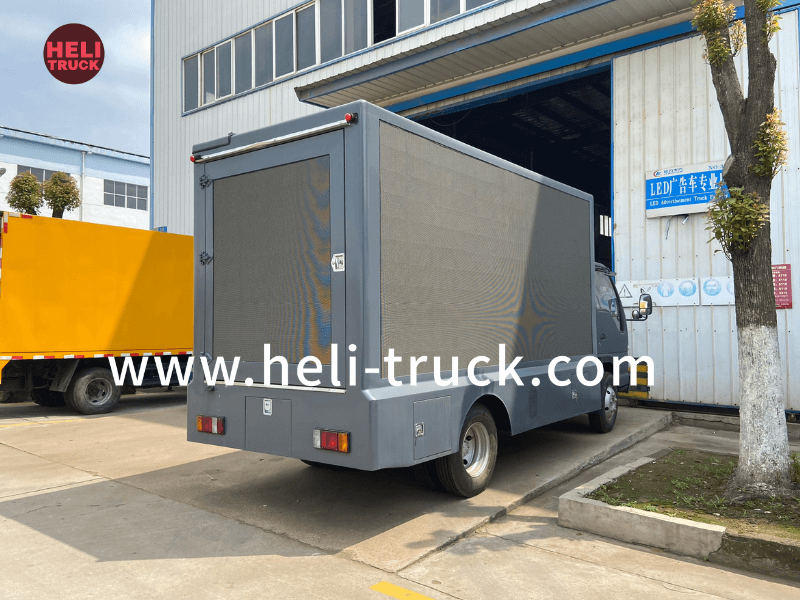Introduction:
Garbage compactor trucks play a crucial role in waste management systems worldwide. These specialized vehicles are designed to collect and compact waste efficiently, helping to reduce the volume of garbage and optimize transportation for disposal. The evolution of garbage compactor truck manufacturers has been marked by continuous innovation and a growing emphasis on sustainability. In this article, we will explore the history of garbage compactor trucks, the key players in the industry, and the latest trends shaping the future of waste management technology.
History of Garbage Compactor Trucks:
The concept of compacting garbage for more efficient disposal dates back to the early 20th century. The first known compactor trucks were simple open-body vehicles equipped with manual compactors operated by sanitation workers. These early models were limited in capacity and efficiency, requiring frequent trips to disposal sites.
As urban populations grew and waste volumes increased, the demand for more advanced waste management solutions became apparent. Garbage compactor truck manufacturers began to develop specialized vehicles with enclosed bodies, hydraulic compactors, and larger storage capacities. These innovations allowed for more efficient waste collection and transportation, reducing the environmental impact of traditional waste disposal methods.
Key Players in the Industry:
Today, the garbage compactor truck manufacturing industry is highly competitive, with several key players dominating the market. Some of the leading manufacturers include:
1. https://www.heli-truck.com/best-garbage-truck-brands-a-detailed-comparison/ : Founded in 1901, Heil Environmental is one of the oldest and most established garbage compactor truck manufacturers in the world. The company is known for its innovative designs and commitment to sustainability, with a focus on reducing emissions and fuel consumption in its vehicles.
2. McNeilus Truck & Manufacturing: McNeilus has been a prominent player in the waste management industry since the 1970s. The company offers a wide range of compactor trucks, from rear-loading to side-loading models, catering to the diverse needs of municipalities and private waste management companies.
3. Labrie Environmental Group: Labrie is a Canadian-based manufacturer known for its high-quality compactor trucks and commitment to customer satisfaction. The company's innovative designs and reliable performance have made it a trusted partner for waste management operations around the world.
4. Faun Group: Faun is a German manufacturer with a long history of producing heavy-duty waste management vehicles. The company's compactor trucks are known for their durability, efficiency, and advanced technology, making them a popular choice for demanding waste collection environments.

Latest Trends in Garbage Compactor Truck Manufacturing:
In recent years, garbage compactor truck manufacturers have been focusing on incorporating advanced technologies and sustainable practices into their vehicles. Some of the latest trends shaping the industry include:
1. Electric and Hybrid Models: With a growing emphasis on reducing carbon emissions and fuel consumption, manufacturers are increasingly developing electric and hybrid compactor trucks. These vehicles offer lower operating costs and environmental benefits, making them an attractive option for municipalities and waste management companies looking to reduce their carbon footprint.
2. Telematics and IoT Integration: The integration of telematics and Internet of Things (IoT) technology into garbage compactor trucks has enabled real-time monitoring of vehicle performance, route optimization, and maintenance scheduling. This data-driven approach helps improve efficiency, reduce downtime, and enhance overall fleet management practices.
3. Lightweight Materials and Design: Manufacturers are exploring the use of lightweight materials such as aluminum and composite plastics to reduce the weight of compactor trucks without compromising durability. Lighter vehicles consume less fuel and produce fewer emissions, contributing to a more sustainable waste management ecosystem.
4. Automated Collection Systems: Automated garbage collection systems, including robotic arms and sensors, are becoming increasingly common in modern compactor trucks. These systems enable faster and more efficient waste collection, reducing manual labor and improving operational efficiency for waste management companies.
Conclusion:
The evolution of garbage compactor truck manufacturers has been characterized by a commitment to innovation, sustainability, and efficiency. As the global population continues to grow, the demand for effective waste management solutions will only increase. By embracing the latest technologies and practices, manufacturers can help create a more sustainable and environmentally friendly future for waste management systems worldwide.
